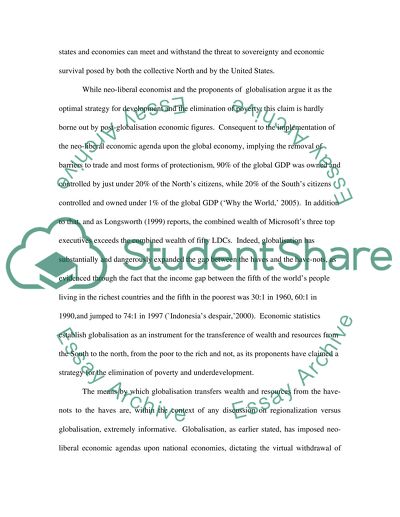Cite this document
(“Globalisation And Regionalisation Essay Example | Topics and Well Written Essays - 1500 words”, n.d.)
Retrieved from https://studentshare.org/politics/1501512-globalisation-and-regionalisation
Retrieved from https://studentshare.org/politics/1501512-globalisation-and-regionalisation
(Globalisation And Regionalisation Essay Example | Topics and Well Written Essays - 1500 Words)
https://studentshare.org/politics/1501512-globalisation-and-regionalisation.
https://studentshare.org/politics/1501512-globalisation-and-regionalisation.
“Globalisation And Regionalisation Essay Example | Topics and Well Written Essays - 1500 Words”, n.d. https://studentshare.org/politics/1501512-globalisation-and-regionalisation.


